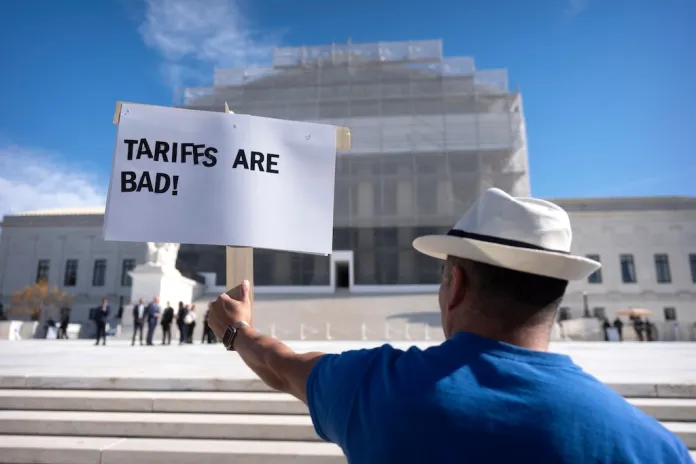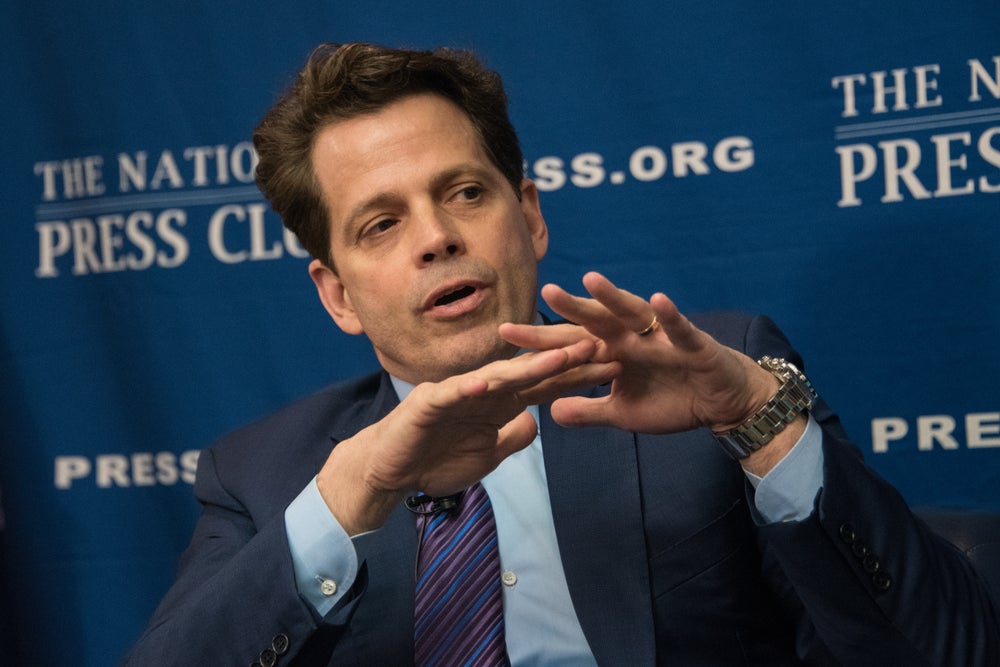Chief Justice Roberts acknowledged the broad powers granted to the president “in dealings with foreign powers” but questioned this claim in the context of tariffs. He emphasized that tariffs represent the “imposition of taxes on Americans,” a core power that “has always been the domain of Congress.” Roberts noted, “So to have the president’s foreign affairs power trump that basic power for Congress seems to me to kind of at least neutralize between the two powers, the executive power and the legislative power.”
In response, Solicitor General Sauer argued that tariffs are not simply “taxes all born by Americans,” but rather fall on foreign manufacturers or represent a mix of both. Roberts pressed Sauer, asking directly, “Who pays for the tariffs?”
Justice Sonia Sotomayor appeared unconvinced by the solicitor general’s arguments. She highlighted that the Constitution clearly delegates taxing power to Congress, despite Sauer’s claim that tariffs are not a tax. Sotomayor stated bluntly, “I just don’t understand this argument. It’s not an article, it’s a congressional power, not a presidential power, to tax. And you want to say tariffs are not taxes, but that’s exactly what they are. They’re generating money from American citizens: revenue.”
The solicitor general faced further scrutiny from multiple justices over the legal assertion that the statute allowing the president to regulate the importation of foreign goods also implicitly grants tariff powers—even though it does not explicitly mention them. Justice Amy Coney Barrett questioned Sauer, asking what other laws use similar language to grant tariff authority. Sauer was only able to directly point to the Trading with the Enemies Act.
The justices also directed questions toward the companies and states that have sued the Trump administration over the tariffs. Chief Justice Roberts asked Neal Katyal, a lawyer representing these companies, whether the president’s foreign affairs powers might also apply to tariffs since they are inherently foreign-facing. Katyal responded, “We don’t disagree with a large part of that. We think instead of thinking about foreign versus domestic, the better way of thinking about it is Article I versus Article II,” referencing the constitutional separation of powers. He emphasized that the president is not granted tariff power under the Constitution.
### Trump May Finally See Some Losses as Supreme Court Takes Up Merits
Present in the courtroom for the high-profile Supreme Court hearing were Treasury Secretary Scott Bessent, Commerce Secretary Howard Lutnick, Senators Mike Lee (R-UT), Amy Klobuchar (D-MN), Ed Markey (D-MA), and comedian John Mulaney.
The Supreme Court is expected to issue a ruling in the tariffs case in the coming months. This decision could have far-reaching implications for former President Trump’s signature trade policies and the scope of presidential power.
https://www.washingtonexaminer.com/news/supreme-court/3876434/supreme-court-president-economic-powers-foreign-policy-tariffs/



